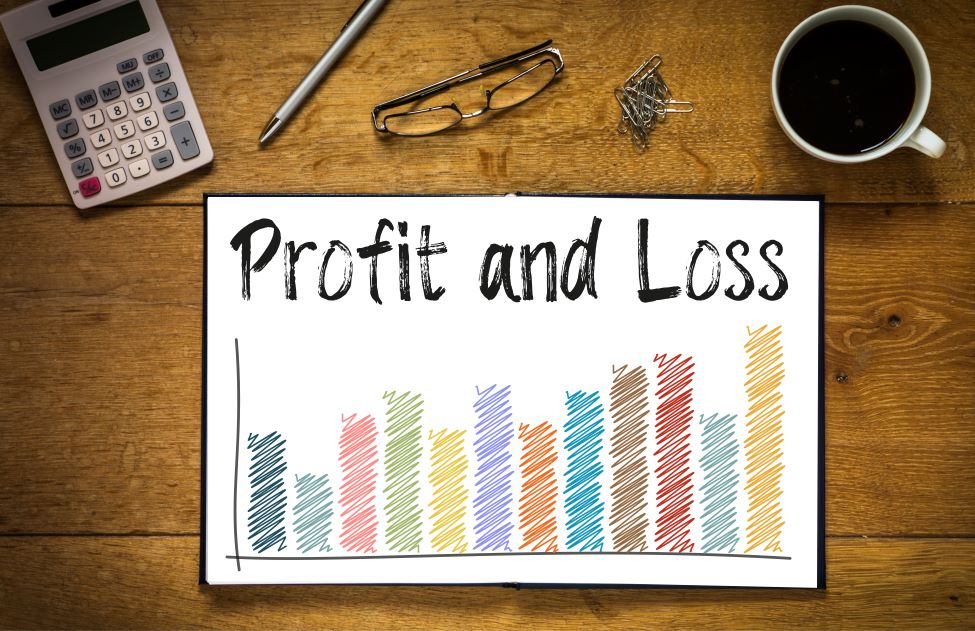Researchers: Firms Should Reconsider Value of Government Contracts

Is it profit or loss when it comes to government contracts?
Conventional wisdom suggests that companies contracting with the government enjoy long-lasting financial windfalls, but new research published in the Journal of Business Logistics suggests the arrangement is not as valuable as many firms might think.
While the government contracts signal legitimacy for the winning bidders and bring in short-term financial returns, contracting ultimately can lead to long-term performance declines for companies, according to researchers at Florida Atlantic University and two other schools.
Government contracting is a lucrative business, particularly for firms in the aerospace, defense and high-tech industries. The United States government spent $6.27 trillion contracts in 2022 alone, making it the world’s largest buyer, according to USGovernmentSpending.com.
The researchers studied 198 publicly traded manufacturing companies in the U.S., compiling data from three different data sets over an 11-year period.
Researchers then tested their hypotheses using various statistical methodologies, finding that a higher return on assets from government contracts increases initially, then erodes over time and leads to a drop in market value for firms.
“The general perception is that entering into a contract with the government has an infinitely positive financial upside,” said Steven Carnovale, Ph.D., an associate professor of supply chain management with FAU’s College of Business. “Our results show that there certainly is a positive impact in the short term, increasing a firm’s returns. But in the long run, the administrative demands and complexities of these public-private partnerships ameliorate these gains, ultimately resulting in a decline in market value.”
Carnovale partnered on the study with Ellie C. Falcone, Ph.D., of the University of Oklahoma, and Brian Fugate, Ph.D., and Brent Williams, Ph.D., of the University of Arkansas.
One way to mitigate the negative effects is to partner with other companies that have substantial government contracting experience, according to the researchers, who found that the partnership can increase short-term benefits and limit losses.
The study’s findings are particularly timely, given the Biden Administration’s discussions of infrastructure, green energy and various large-scale spending bills that will necessarily involve private firms, Carnovale said.
“Companies should consider the overall picture, not just the value and the initial upside of the potential contract,” he said.
-FAU-
Latest Research
- FAU CARD Releases Free Water Safety Guide for Children with AutismDrowning is the top cause of unintentional death for children aged 1 to 4 in Florida, and autism increases the risk. FAU's CARD is offering a free guide to help protect children with autism from drowning.
- Fewer Parasites in Indian River Lagoon Signal Big Ecosystem ProblemsFAU Harbor Branch researchers used parasite data to assess the ecological health of Florida's Indian River Lagoon, which has suffered from pollution and algal blooms, damaging habitats like seagrass beds.
- BEPI Poll: Hispanic Economic Outlook Drops Amid Tariffs, Rising PricesAs households face increasing prices for goods and talk of new tariffs, Hispanic optimism in the economy waned in the first quarter of 2025, according to a poll from BEPI at Florida Atlantic University.
- FAU Joins First Global Effort to Map Microplastics in Ocean SystemsAn FAU researcher joins an international team of scientists who have moved beyond "scratching the ocean's surface," marking a turning point in understanding microplastics' path through critical ocean systems.
- FAU CA-AI Lands $2.1M to Form New U.S. Air Force Center of ExcellenceTo address critical U.S. Air Force communications needs, FAU engineering's CA-AI has received a $2.1 million grant from the U.S. Department of Defense Air Force Research Laboratory.
- Nursing 2025: No Relief as Burnout, Stress and Staffing Woes PersistA new national survey from Cross Country and FAU of 2,600 nurses and nursing students paints a sobering picture of a profession at a breaking point and an urgent call to action.






